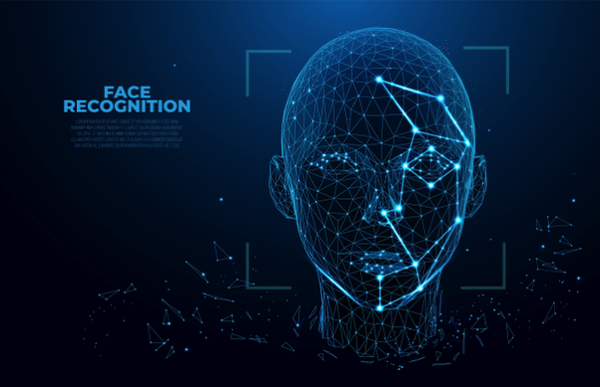EU passes landmark AI law ensuring “safety” of rapidly developing technology – but will free speech be allowed?
03/22/2024 / By Ethan Huff

To ensure the fast-changing technology remains “safe” and in compliance with fundamental human rights – or so they say – the European Union (EU) has passed a bill called the Artificial Intelligence Act (AIA) that we can only assume has absolutely nothing to do with protecting free speech.
According to reports, EU member nations negotiated the terms of the AIA back in December, resulting in 523 members of the European Parliament (MEP) voting in favor of its provisions. A total of 46 MEPs voted against the AIA while another 49 abstained.
In a statement following the bill’s passage, Thierry Breton, the European Commissioner for the internal market, proudly wrote on X that Europe “is NOW a global standard-setter in AI.”
What the AIA does is divide artificial intelligence (AI) technology into numerous categories based on risk. The risk categories range from “unacceptable,” meaning an intended AI use or application is to be banned because it is too dangerous, as well as from high to medium to low hazard.
Certain AI applications that are deemed to threaten the rights of EU citizens, one example being biometric categorization systems based on sensitive personal characteristics or facial recognition scrapings from the internet or CCTV, will not be allowed under the bill.
Other AI uses that are forbidden under the EU’s AIA legislation include:
• Emotion recognition at workplaces and in schools
• Social scoring
• Predictive policing, which involves profiling potential suspects based solely on certain characteristics
• AI tools that manipulate human behavior or exploit certain people’s vulnerabilities
(Related: The dystopian nightmare of AI has arrived, complete with facial recognition, palm scanners, augmented reality and more.)
Is AI the future?
Another thing the AIA legislation forbids is the use of biometric identification systems, known as RBI, by law enforcement, except in very narrowly defined circumstances and situations. Only when strict safeguards are met will so-called “real-time” RBI ever be allowed by AI applications.
“We finally have the world’s first binding law on artificial intelligence to reduce risks, create opportunities, combat discrimination, and bring transparency,” celebrated Brando Benifei, co-rapporteur of the Internal Market Committee, at a plenary debate on the legislation.
Benifei added in a statement that all unacceptable AI practices, as defined by the EU, are now explicitly banned across the European bloc, while the rights of workers and citizens remain protected.
The AIA bill will officially come into force at the end of the legislative session in May after passing final checks and receiving official endorsement from the European Council.
The bill’s passage comes at a time when concerns about AI abuse are rising all around the world. Some worry about the threat of AI “deepfakes,” as well as AI programs that are capable of creating false events, complete with fake photos and video footage.
Other countries including China and India are similarly trying to regulate AI through strict guidelines. The United States is further behind, though some states and local municipalities are passing their own respective bills to restrict AI use in certain situations such as hiring and police investigations.
“This legislation was probably made using AI because, considering the speeches and behaviors of European politicians, they would not have the capacity to regulate even a scientific calculator from the ’70s!” joked one commenter about the matter.
“The corporate globalist cabal could not care less about humanity or any harms they cause to it,” noted another about how the AIA bill is simply a smokescreen. “The corporate globalists will undoubtedly be using all forms of AI against We the People – they have already stolen our governments.”
Will AI usher in the Mark of the Beast and the Abomination of Desolation? Find out more at Prophecy.news.
Sources for this article include:
Submit a correction >>
Tagged Under:
AI, artificial intelligence, Artificial Intelligence Act, big government, computing, cyber war, cyborg, EU, European Union, future science, future tech, Glitch, information technology, inventions, national security, robotics, robots
This article may contain statements that reflect the opinion of the author
RECENT NEWS & ARTICLES
COPYRIGHT © 2017 FUTURE SCIENCE NEWS


















